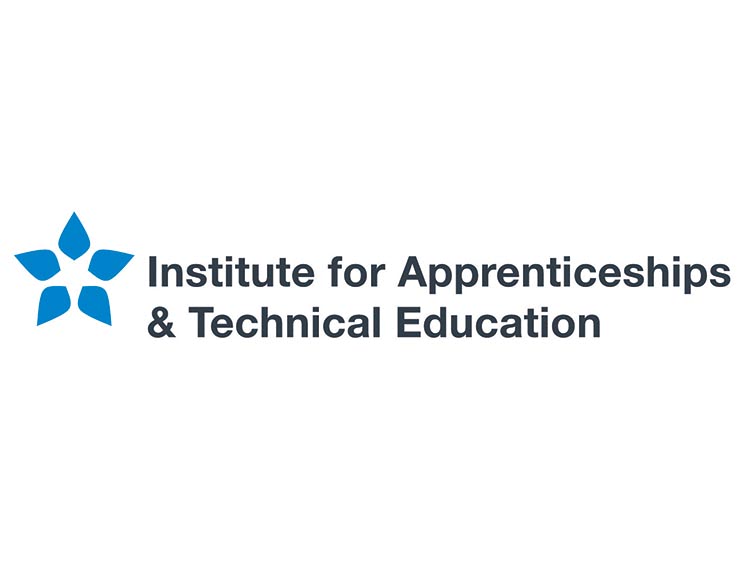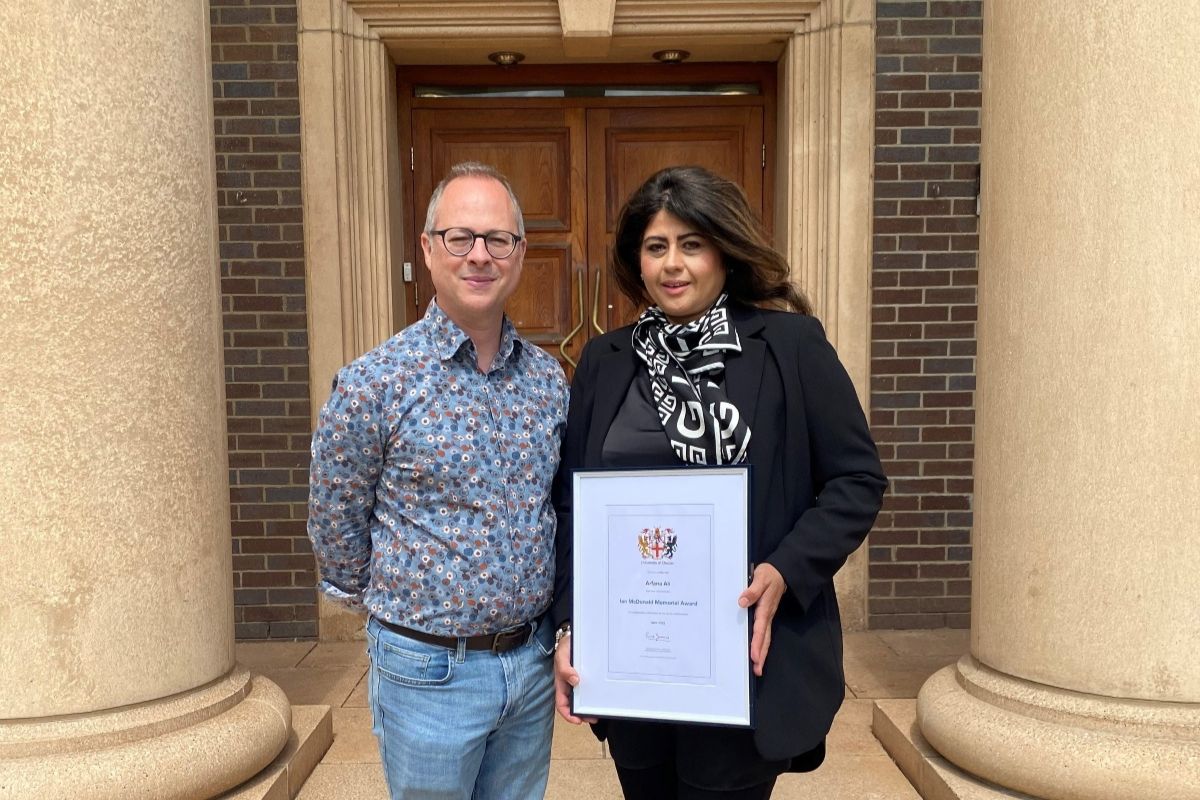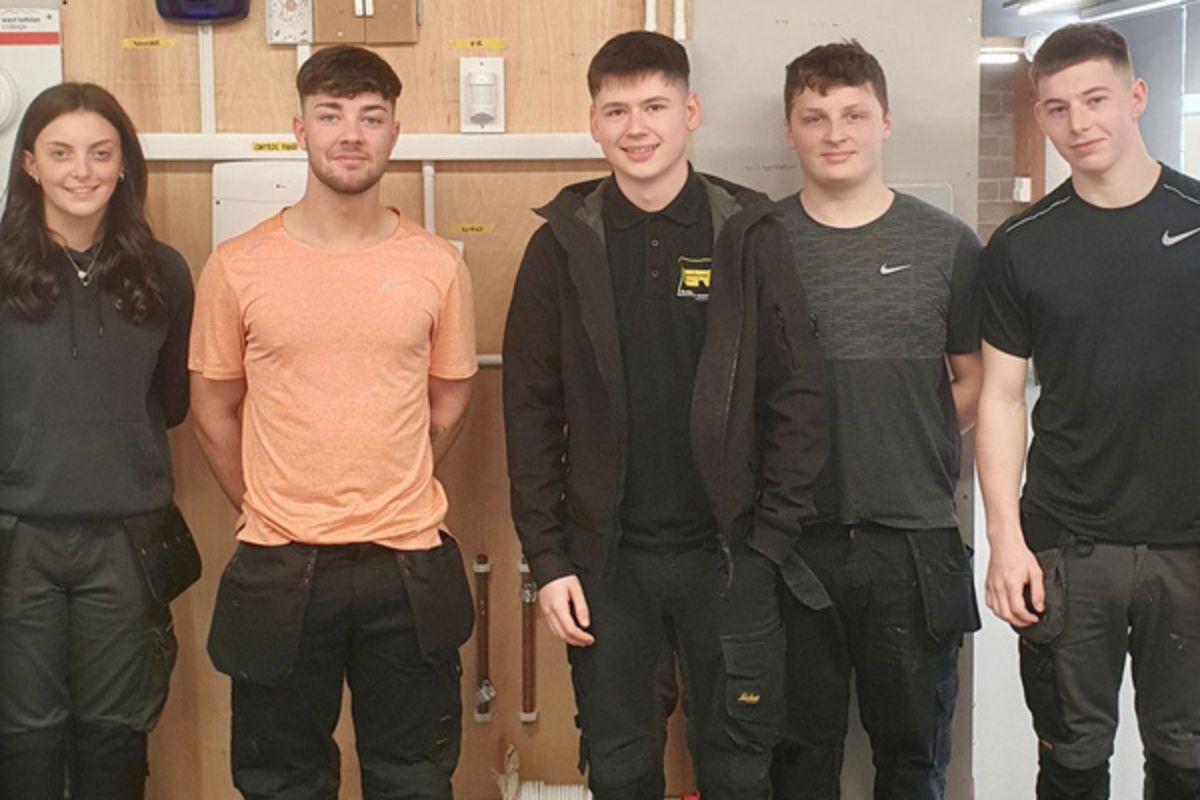Sports coach

KSBs
Knowledge
K1: Coaching philosophies and professional practice that consider key stakeholder needs, sporting contexts and codes Back to Duty
K2: Professional development planning methods and self-awareness skills training techniques Back to Duty
K3: Transformational coaching methods and strategic planning techniques Back to Duty
K4: Organisational vision, strategies, policies and processes required to ensure legal, ethical, effective and efficient coaching systems. Including current health and safety, safeguarding, data protection and equality laws Back to Duty
K5: Approaches to organisational workforce structures that underpin best practice and showcase the value of scope within the coaching team Back to Duty
K6: Coaching team development and deployment techniques aligned to all relevant and current legislation, policy, process, operating standards and scopes of practice Back to Duty
K7: Coaching service delivery approaches including industry support networks and collaborative, cohesive and competent coaching teams Back to Duty
K8: Curriculum design methods and coaching pedagogies relevant to the participants unique development needs, the demands of the sport or physical activity and the occupational environment Back to Duty
K9: Progressive programme design and delivery techniques that prioritises accessibility, duty of care and accelerate whole child/person development and sport specific skill acquisition Back to Duty
K10: Progressive programme design and delivery techniques that ensure safe practice and support at events and competition and embed learning transfer across situations Back to Duty
K11: Inclusive coaching techniques that embed human rights, equality laws and conventions to ensure ethical coaching practice Back to Duty
K12: Chief Medical Officer guidelines, Public Health England agendas, organisational, sport specific and holistic approaches to wellbeing considering stressors relevant to the participants context Back to Duty
K13: Learning theories and skill acquisition techniques relevant to participant’s unique development needs, the demands of the sport and occupational environment Back to Duty
K14: Positive learning environment attributes and behaviour management strategies relevant to the participant’s unique development needs, demands of the sport and the occupational environment Back to Duty
K15: Developments in learning resources including technological advancements and wider industry support mechanisms that maximise engagement, development and performance gains Back to Duty
K16: Methods to measure the impact of the coaching strategies though analysis of key indicators from participant, coach, coaching team and organisational perception and performance data Back to Duty
K17: UK sport and sport specific strategies, global data, trends and contemporary issues in high performance sport, including social, economic, educational and technological influences Back to Duty
K18: UK sport guidelines, high-performance sport stakeholders, organisational context, culture, codes, direction and politics that influence coaching processes Back to Duty
K19: Profiling and enquiry methods designed to measure bio-psycho-social attributes and inform whole person optimisation planning Back to Duty
K20: Profiling and enquiry methods designed to measure sport specific technical and tactical attributes and inform sustainable development and high-performance goals Back to Duty
K21: Session planning techniques that consider high performance athlete’s/player’s unique needs, goals and curriculum plans Back to Duty
K22: Session preparation techniques including resource organisation, event risk assessment and safe operating procedures in line with high performance sport policy Back to Duty
K23: Session delivery and adaptation techniques that motivate high performance players/athletes through tailored coaching and communication methods for maximum impact Back to Duty
K24: Session evaluation methods that measure sustainable development and performance gains to shape future plans as part of the continuous enquiry cycle Back to Duty
K25: Methods to measure the impact of the coaching practice on the national and international positioning of the sport by comparing athlete/player results against national and international benchmarks Back to Duty
K26: Sport England Professional Workforce Strategies, social change agendas, national trends on national physical activity participation, local data and contemporary influences Back to Duty
K27: Community initiative or club context, culture, stakeholders, Sport England Coaching Plan, sport specific codes, geographic infrastructure and networks that influence coaching pedagogy and process effectiveness Back to Duty
K28: Profiling and enquiry methods designed to measure whole child/person development dimensions considering cognitive, social, emotional and physiological capabilities Back to Duty
K29: Profiling and enquiry methods designed to measure participant motives, behavioural norms, psychomotor skills, technical and tactical awareness in specific sport and physical activity contexts to enable process goals to be agreed Back to Duty
K30: Session planning techniques that consider each participant unique motives, access and development needs, goals and seasonal plans Back to Duty
K31: Session preparation techniques including resource organisation, event risk assessment and safe operating procedures in line with community organisation health and safety policy Back to Duty
K32: Session delivery and adaptation techniques including tailored coaching and targeted communication methods for maximum impact on long-term engagement and enrichment Back to Duty
K33: Session evaluation methods that measure engagement, enrichment and whole child/person development dimensions to shape future plans as part of the continuous enquiry cycle Back to Duty
K34: Methods to measure the impact of coaching practice on social change associated with access, participation, performance, equality and wellbeing by comparing results against local and national benchmarks Back to Duty
K35: National trends in education, the Department for Education strategies, Statutory Guidelines, DfE National Curriculum the Ofsted Education Inspection Framework and the educational paradigm shift Back to Duty
K36: School stakeholders, context, category, strategies, culture and codes that influence coaching pedagogy and process effectiveness Back to Duty
K37: Profiling and enquiry methods designed to measure whole child development dimensions considering cognitive, social, emotional and physiological stages of development Back to Duty
K38: Profiling and enquiry methods designed to measure psychomotor, technical and tactical skills in physical activity contexts drawn from the Department for Education National Curriculum and enable physical education targets to be agreed Back to Duty
K39: Session planning techniques that consider each child’s unique profile, development needs, educational targets, and curriculum plans Back to Duty
K40: Session preparation techniques including resource organisation, event risk assessment and safe operating procedures in line with school health and safety policy Back to Duty
K41: Session delivery and adaptation techniques that inspire children though tailored coaching and communication methods for maximum impact Back to Duty
K42: Session evaluation methods that prioritise children’s mastery of physical education standards, psychomotor skills and whole child development and shape future plans as part of the continuous enquiry cycle Back to Duty
K43: Methods to measure and evaluate the impact of coaching practice on school standards by comparing children’s results against local and national benchmarks Back to Duty
Skills
S1: Influence key stakeholders in the sporting context through own coaching philosophy and professional practice Back to Duty
S2: Enhance coaching competencies and inter-intra-personal skills through continued professional development and self-awareness skills training Back to Duty
S3: Develop transformational coaching strategies and tactics that consider sector, sport, organisation and participants unique needs Back to Duty
S4: Comply with legal, ethical, effective and efficient coaching systems that align to the organisational vision, strategies, policies and processes Back to Duty
S5: Promote the value of the coaching team considering workforce structures and scopes including support staff, coaches, coaching assistants, and volunteers Back to Duty
S6: Facilitate the development of the coaching team through due diligence, inductions, development and performance monitoring Back to Duty
S7: Deliver effective coaching services through industry support networks and a collaborative, cohesive and competent coaching team Back to Duty
S8: Design high quality curriculum that considers participants’ unique profiles, promotes ownership and informs micro, meso and macro plans as relevant to the sporting context Back to Duty
S9: Designs and delivers progressive programmes and selects coaching pedagogies that maximise engagement, whole child/person development and accelerates sustainable skill acquisition Back to Duty
S10: Delivers safe and effective coaching support to participants in practice, at events or competitions and influences learning and skill transfer across situations Back to Duty
S11: Embrace each participants uniqueness, their rights and advocates fairness, equality and diversity within the coaching environment Back to Duty
S12: Promote holistic wellbeing to control/contain stressors experienced by participants in their own context and environment Back to Duty
S13: Facilitate participant development by applying learning theory and skill acquisition techniques relevant to participants needs, sport specific demands and context Back to Duty
S14: Facilitate participant development and skill acquisition through positive learning environments and behaviour management strategies Back to Duty
S15: Facilitate participant development and skill acquisition through technological advancements and wider industry support mechanisms Back to Duty
S16: Measure the impact of the coaching strategies though analysis of participant, coach, coaching team and organisational perception and performance data Back to Duty
S17: Proactively responds to global trends, strategies, and contemporary issues in high performance sport to ensure best practice in coaching Back to Duty
S18: Embrace the high-performance context, culture, organisational direction, and codes to deliver effective coaching processes Back to Duty
S19: Profile athletes or players to measure bio-psycho-social attributes and inform whole person optimisation Back to Duty
S20: Profile athlete/players to measure sport specific technical and tactical attributes and inform sustainable development and high-performance goals Back to Duty
S21: Plan sessions that consider high performance athlete’s/player’s unique needs, goals, curriculum, progressive programmes, practice, and competition schedules Back to Duty
S22: Prepare for sessions by organising resources, conducting event risk assessment and ensures safe operating procedures in line with high performance sport policy Back to Duty
S23: Deliver safe, inclusive sessions and makes adaptations in the moment to accelerate development and maximise performance gains through relevant coaching and communication methods Back to Duty
S24: Evaluate sessions to monitor sustainability of athlete/player development and performance gains to shape future plans as part of the continuous enquiry cycle Back to Duty
S25: Measure the impact of the coaching practice on the national and international positioning of the sport by comparing athlete or player results against national and international benchmarks Back to Duty
S26: Proactively responds to sector strategies, social change agendas, national and local trends in physical activity participation and contemporary influences Back to Duty
S27: Embrace the community category, context, culture, codes, stakeholders and public sector duty to deliver effective coaching pedagogies and processes Back to Duty
S28: Profile participants to measure whole child/person development dimensions considering cognitive, social, emotional and physiological capabilities Back to Duty
S29: Profile participants motives, behavioural norms, psychomotor skills, technical and tactical awareness in community sport and physical activity contexts to enable goals to be agreed Back to Duty
S30: Plan targeted and accessible sessions that consider each participant’s unique motives, development needs, goals and seasonal plans Back to Duty
S31: Prepare for sessions by organising resources, conducting event risk assessment and ensures safe operating procedures in line with community organisation health and safety policy Back to Duty
S32: Deliver safe and inclusive and effective sessions and makes adaptations in the moment to engage and enrich participants though tailored coaching and targeted communication methods for maximum impact Back to Duty
S33: Evaluate sessions to monitor engagement, enrichment and whole child/person development dimensions to shape future plans as part of the continuous enquiry cycle Back to Duty
S34: Measure the impact of coaching practice on social change associated with access, participation, performance, equality and wellbeing by comparing results against local and national benchmarks Back to Duty
S35: Proactively responds to national trends in education standards, paradigm shifts, strategies and contemporary influences in school and physical education Back to Duty
S36: Embrace the school category, context, culture, codes, stakeholders, and statutory guidelines to deliver effective coaching pedagogies and processes Back to Duty
S37: Profile whole child development dimensions considering cognitive, social, emotional and physiological stages of development Back to Duty
S38: Profile children’s psychomotor, technical and tactical skills in physical activity contexts drawn from the DfE National Curriculum to enable physical education targets to be agreed Back to Duty
S39: Plan safe, inclusive and effective sessions that consider each child’s unique development needs, educational targets and curriculum plans Back to Duty
S40: Prepare for sessions by organising resources, conducting event risk assessment and ensures safe operating procedures in line with school health and safety policy Back to Duty
S41: Delivers safe, inclusive and effective sessions and makes necessary adaptations to develop children’s psychomotor skill mastery though tailored coaching and communication methods for maximum impact Back to Duty
S42: Evaluate sessions to monitor children’s mastery of physical education standards, psychomotor skills and whole child development to shape plans as part of the continuous enquiry cycle Back to Duty
S43: Measure and evaluates the impact of coaching practice on school standards by comparing children’s results against local and national benchmarks Back to Duty
Behaviours
B1: Advocate: acts as an ambassador for the organisation and sector both internally and externally Back to Duty
B2: Inspirational: leads by example, acts with integrity, builds trust and demonstrates respect for others Back to Duty
B3: Ethical: accepts responsibility and is committed to equality, diversity, human rights and safe practice Back to Duty
B4: Collaborative: demonstrates awareness of own and others’ working styles and collaborates to achieve positive outcomes Back to Duty
B5: Motivational: considers participants unique needs and tailors’ solutions to meet their unique needs Back to Duty
B6: Resilient: adapts when dealing with challenges by maintaining focus, self-control and is flexible to changing work environment and people demands Back to Duty
B7: Results orientated: influences change by soliciting and acting on feedback to deliver results Back to Duty
B8: Innovative: challenges the status quo to foster new ways of thinking and working and to resolve problems. Seeks out opportunities for continuous improvement in participants, the coaching system, services, the organisation and the sector Back to Duty












Responses